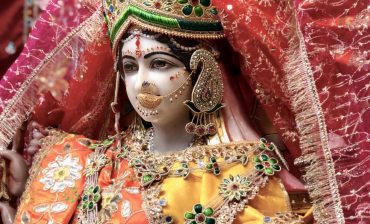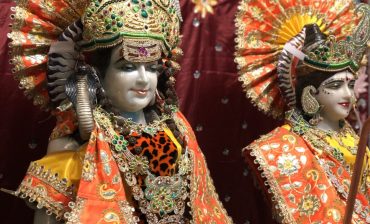
Hinduism is an Indian religion and dharma, or way of life. It is the world’s third-largest religion, with over 1.2 billion followers, or 15–16% of the global population, known as Hindus. Hinduism has been called the oldest religion in the world many practitioners refer to their religion as Sanātana Dharma which refers to the idea that its origins lie beyond human history, as revealed in the Hindu texts.
Hinduism is a diverse system of thought marked by a range of philosophies and shared concepts, rituals, cosmological systems, pilgrimage sites, and shared textual sources that discuss theology, metaphysics, mythology, Vedic yajna, yoga, agamic rituals, and temple building, among other topics. Prominent themes in Hindu beliefs include the four Puruṣārthas, the proper goals or aims of human life; namely, dharma (ethics/duties), artha (prosperity/work), kama (desires/passions) and moksha (liberation/freedom from the passions and the cycle of death and rebirth), as well as karma (action, intent and consequences) and saṃsāra (cycle of death and rebirth). Hinduism prescribes the eternal duties, such as honesty, refraining from injuring living beings (Ahiṃsā), patience, forbearance, self-restraint, virtue, and compassion, among others. Hindu practices include rituals such as puja (worship) and recitations, japa, meditation (dhyāna), family-oriented rites of passage, annual festivals, and occasional pilgrimages. Along with the practice of various yogas, some Hindus leave their social world and material possessions and engage in lifelong Sannyasa (monasticism) in order to achieve moksha.


